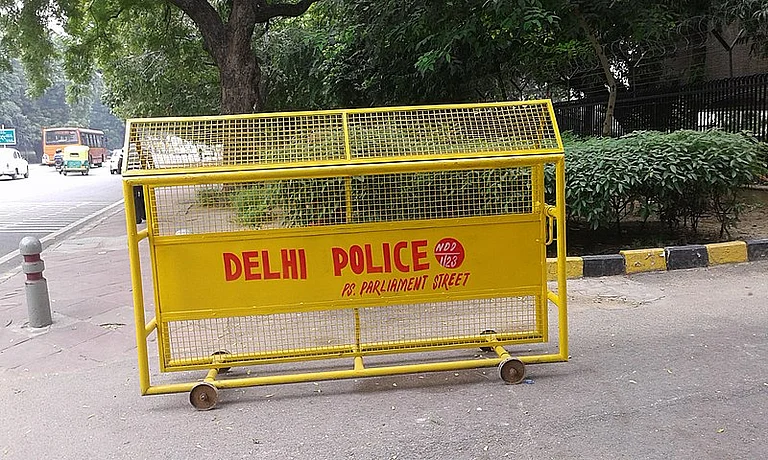With Patel promoted, the only activity in the TADA court till a new judge is appointed will be that of the accused on bail reporting every Monday to sign the muster. This, incidentally, was his last order. For his part, he says he will miss the action at the Arthur Road jail from where the TADA court has been functioning since April 1994: "It is like climbing half way up Mt Everest and being brought back. I would have been happy to reach the summit. But I am glad about my promotion, which was due." The promotion came on March 6, a day before he was to cross-examine his 50th witness, and Patel joined the ranks of over 40 judges in the Bombay High Court. "I was bowled out before I could score a half-century," he laughs.
Patel's promotion is part of Bombay's tale of two probes. While the Srikrishna Commission inquiring into the January'93 riots for the last three years is currently the subject of writ petitions challenging the Manohar Joshi government's decision to wind it up, the blasts trial has been temporarily put on hold. But, says Patel: "It is not really the same thing. His (Srikrishna's) commission is wound up; the trial, in my case, will go on after a pause."
Ever since he was put on the bomb blasts case in October '93, Patel, then a judge in the city civil court, often hit the headlines. The TADA court was the focus of much public attention, largely due to the presence of filmstar Sanjay Dutt among the 193 accused in the Bombay blasts. The explosions which shook Bombay on March 12, '93, and drew instant comparisons to Beirut, necessitated a backbreaking investigation which resulted in a 9,392-page chargesheet listing 3,741 witnesses. Given the sensitive nature of the case and the stress involved, Patel often compared himself to a tightrope walker in a circus.
More often than not, the judge presiding over the specially designated TADA court provoked outrage. Much of it was courtesy Dutt. Not only were Dutt's fans angry with Patel, even Bal Thackeray was upset over the harsh treatment meted out to the actor. Like others accused in the case, Dutt was taken back and forth from jail to court, till he was finally released on bail last October on a Supreme Court order. Say's Dutt's publicity agent Pankaj Kharabanda: "He's happy to be shooting again. I hope soon the talk will be about his reel life." The cast and crew of Mahaanta actually rolled out the red carpet for Dutt after he was freed from the restriction of sitting through daily court proceedings. However, the actor will have to wait for the new judge to hear his plea for general exemption.
The accused and lawyers from both sides of the fence are uncomfortable about the time it will take a new judge to familiarise himself with a case of such magnitude. Says Niteen Pradhan, a senior lawyer who represented some of the accused till April last year: "The probe will slow down. Judge Patel knew each accused by name and the details of each one's case. His exit at this point will jeopardise the case and even its tempo." Majeed Memon, who represents the largest number of the accused, concurs with the view that Patel was thorough about the case and the accused. But Patel sees no slowing down of the case: "My successor should have no problem. The case is running smoothly."
Patel has had his share of problems, though. In May 1994, six lawyers representing Dutt and some 100 other accused, created legal history by withdrawing from the case, accusing the judge of "distinct bias". The constant pressure of maintaining a fine balance cost the judge his privacy. For a man who likes the anonymity of a scooter ride to the vegetable market, a heavy security ring was a discomfort. Instances like an alleged plot to kill Patel, or chief accused Yakub Memon losing his balance and threatening to kill every one in court, have ensured that the security-men stay on. He is still being provided Z-category security. So, as Justice Patel prepares to take on new responsibilities, he will probably also ponder on the toll his much hyped assignment has taken on his personal life.


























